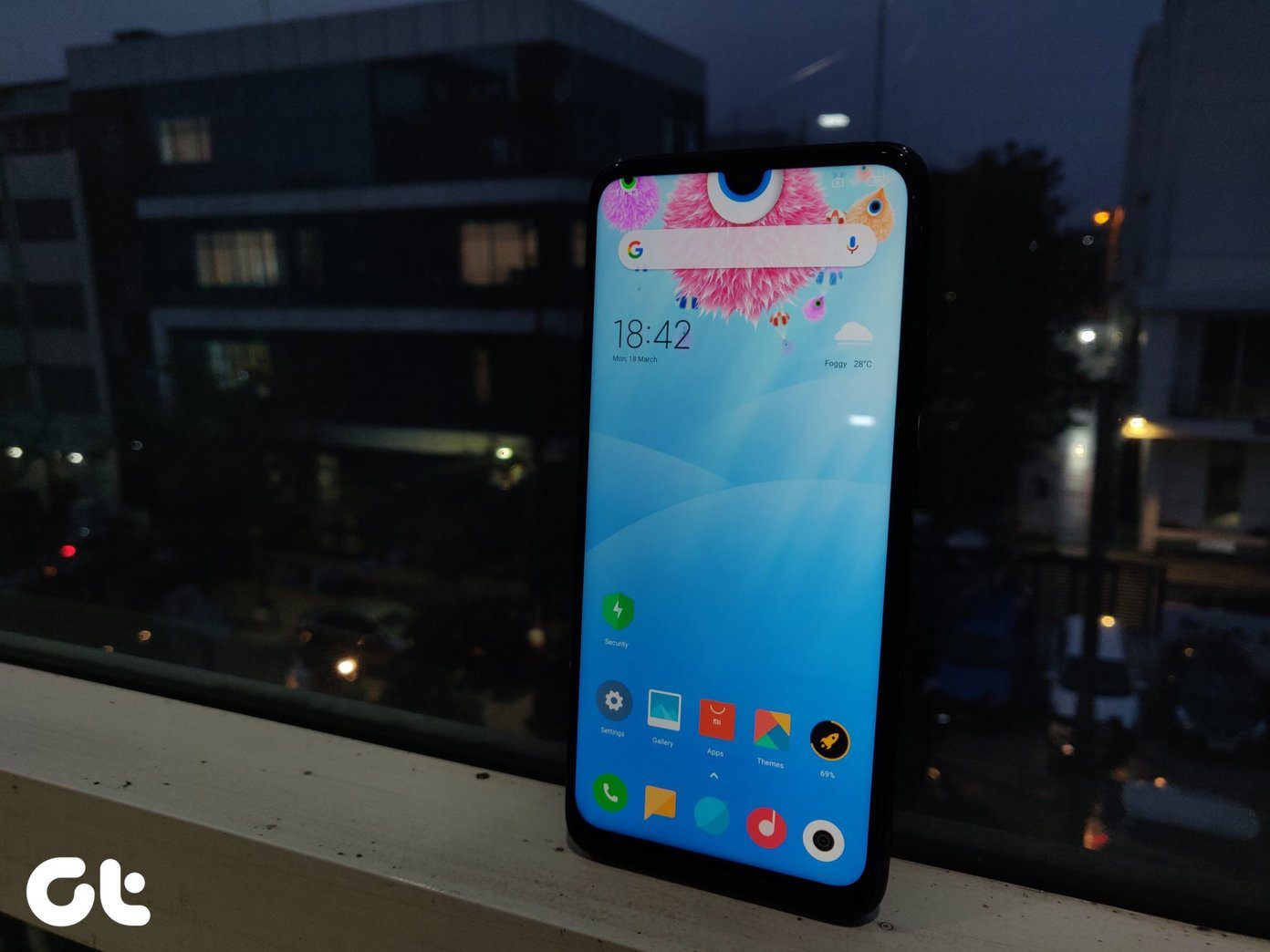Well, that’s what we’re here for. Let’s take all the overblown issues and try to get to the bottom of it.
1. Windows 10 Isn’t Spying on You
You must have seen this headline flying around. It’s only partly true. The fire started when Rock Paper Shotgun pulled a quote from Microsoft’s new Privacy Policy. It was this quote that did the most damage. Now, here’s the straight talk. Yes, Windows 10 is tracking you. It’s sending your voice to Microsoft servers along with your location. But it needs to do that to be able to answer questions and send location-based reminders. It’s also creating a unique Advertising ID for every user so it can track their browsing habits and present them with better ads. Now, the thing is that in 2015, this doesn’t exactly make for “spying”. All the data is anonymized. And this is something Google and other companies have been doing it for a long time. The news is that Microsoft is now one of those companies. And the scary quote above – that MS can access your personal files in private folders? That quote has been taken from MS’ online services section, mostly pertaining to OneDrive. We’re lacking concrete proof that MS snoops on your personal files. Preliminary tests have been inconclusive. Microsoft later said that they’re not collecting user’s personal information. Scanning through cloud data, when asked from a government agency is a norm. What this means is if a government agency knocks on MS’s door asking them access to your files, they’ll have to let them in. Dropbox and Google Drive will also do the same. The solution here, for privacy-concerned users, is to use a service like SpiderOak, or BitTorrent Sync to create your own personal cloud network. Or you can also encrypt files before uploading them. How to disable Windows 10 tracking: It’s not spying, it’s tracking. Still, if you don’t what MS tracking your location or scanning your voice when you say anything to Cortana, here’s our guide on how to disable all of that.
2. It’s Not Sharing Your Wi-Fi Password with Everyone
Windows 10 comes with a feature called Wi-Fi Sense that we first saw in Windows Phone. It lets users share their Wi-Fi access without actually sharing the password. Windows 10 isn’t insecurely sharing all your passwords with everyone around. Even when you share your access, the opposite party doesn’t actually get the password. They get a token. Windows isn’t sending your password in plain text. Oh, and this feature isn’t enabled by default. You need to enable this – individually for each person you want to share the password with. And you can revoke access at any point.
3. Windows 10 Isn’t (Exactly) Free for Pirates
Yes, pirates can update to Windows 10 for free. But they won’t get a genuine Windows 10 experience. Meaning, they’ll be tagged somehow as being non-genuine. It’s not yet clear how they’ll work differently. Also, according to this Reddit thread, it looks like some pirates who upgraded, did, in fact, get a genuine activation. At least officially, from Microsoft – no, previously pirate users aren’t getting Windows 10 for free. You’ll need to pay for it – $199 for the Pro version. But if you’re a true pirate, you already know how to get free access to Windows 10, don’t cha? This isn’t the last version of Windows: Windows 10 is the new Windows brand. Like OS X. But of course, new updates will have a newer version number. Even if it’s 10.0.0.1. Bookmark our Windows 10 tag page where you’ll get the latest articles we cover on it, all in one place.
4. You Don’t Have Free Access to Windows Forever
This is in line with the pirates thing. Remember, when your computer is upgraded to Windows 10 for free, it’s that computer that was upgraded for free. You as a user don’t get free access to Windows 10. In future, if you want to install it fresh on a PC you built – guess what, you’ll need to pay for a license. Paul Thurrot explains it in detail here.
5. It’s Possible to Disable Updates
Even before Windows 10 was released, we saw headlines that Windows 10 will have mandatory updates. Only for new articles a couple of days later talking about a tool would let you disable the said mandatory updates. Yes, there are a couple of ways to go about it. You can delay updates, and disable future driver updates. We’ve discussed the process in detail here.
6. Windows 10 Won’t Disable All Your Pirated Games
While you clearly shouldn’t be pirating games (or any software), we’re talking about it purely because the story was misreported. The quote that includes the terms that Microsoft can stop you from playing counterfeit games comes from Microsoft Services Agreement. This is different from the EULA you agree to when you use Windows 10. The gist is this, if you try to play the online or the multiplayer version of a game, Microsoft will check if you’re running the legit version or not. If you’re not, you won’t be able to access to online version. Surprise surprise, this has been the case since forever. Pirates can only play the offline versions the pirated games. They know that, apparently the news organizations don’t. The rules mentioned in the new agreement mostly apply to Xbox and Windows Store games where MS has been trying really hard to curb piracy.
Are You Sticking with Windows 10?
The general consensus is that Windows 10, despite all its flaws, is no Windows 8. So are you planning on staying with Windows 10 or will you be downgrading? Share with us in the comments below. The above article may contain affiliate links which help support Guiding Tech. However, it does not affect our editorial integrity. The content remains unbiased and authentic.













